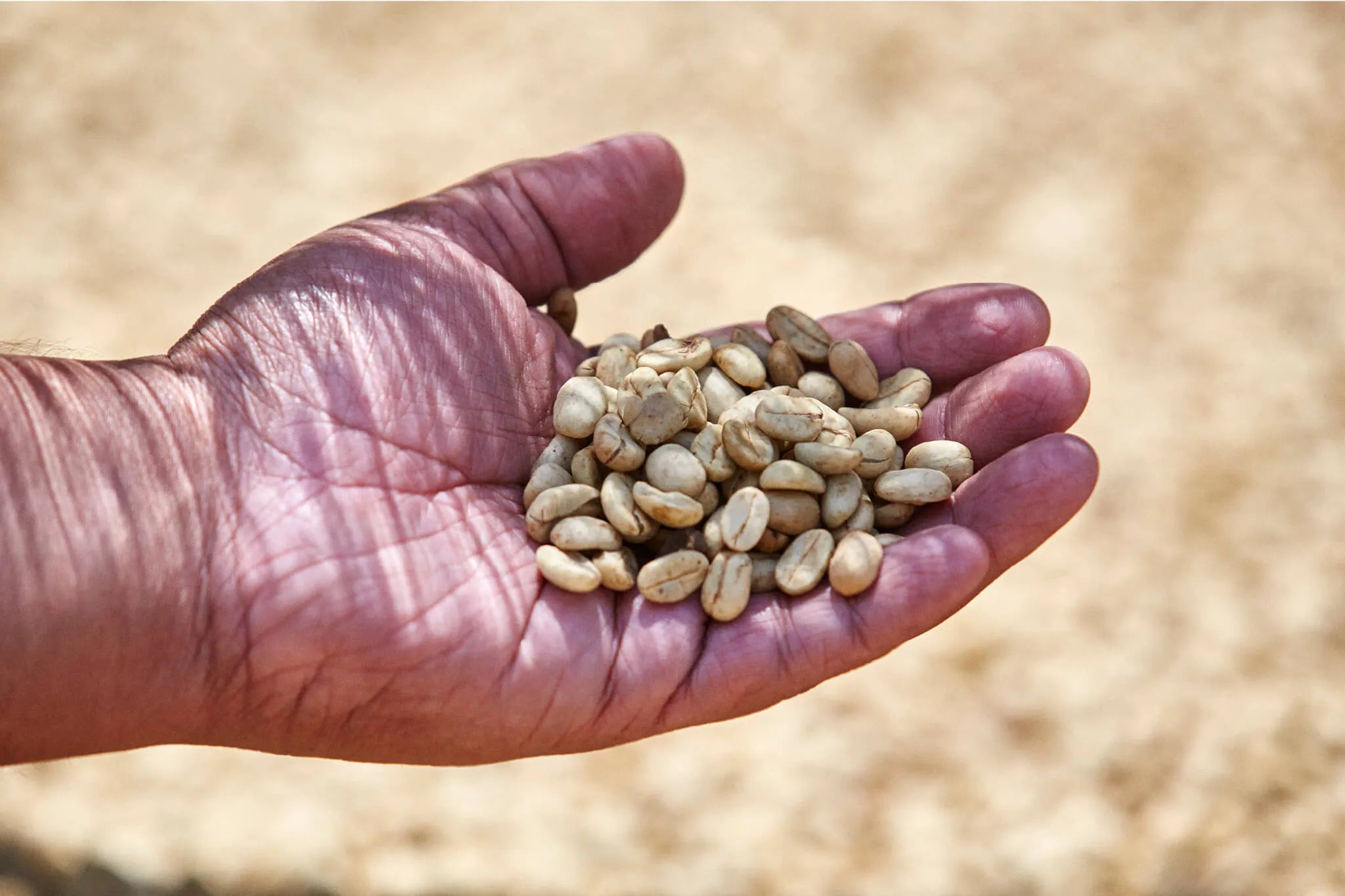
What is Speciality Coffee?
- The UK History of Speciality Coffee
- Speciality Coffee in the UK
- What is the Difference Between Speciality Coffee and Commercial Coffee?
- Speciality Coffee Definition
- Why Choose Speciality Coffee?
- Speciality Coffee Grading
- Where is Speciality Coffee Sourced?
- Speciality Coffee Farming
- Speciality Coffee Processing
- Cupping and Roasting Speciality Coffee
- Brewing Speciality Coffee
- Speciality Coffee Shops
- Speciality Baristas
- What To Look For in Speciality Coffee
We believe that speciality coffee is for everyone—but it’s a term loaded with a reputation for exclusivity. Here, we break down the history and science behind speciality coffee, define what is speciality coffee, and what this means for the coffee in your cup.
The UK History of Speciality Coffee
In coffee’s long history, speciality coffee’s place within it is short—but fast evolving. The term was first used in 1974, coined by Erna Knutsen, who came to be known as the ‘godmother of speciality coffee’, and one of the founders of the Speciality Coffee Association, America.
The phrase, ‘speciality coffee’ was used in an interview Erna gave to the Tea and Coffee Trade Journal, by then already making waves and changing expectations in a world where womxn were not allowed in a cupping room. Changing attitudes and working to promote single origin coffee, Erna recognised the potential in working with small producers.
The term has had a few revivals since the 1970s, kicking off in the 2000s, with a drive to focus on quality over quantity. Increasingly, coffee has come to be appreciated as more than a stimulant, treated as a product, much like wine, to be enjoyed and savoured.
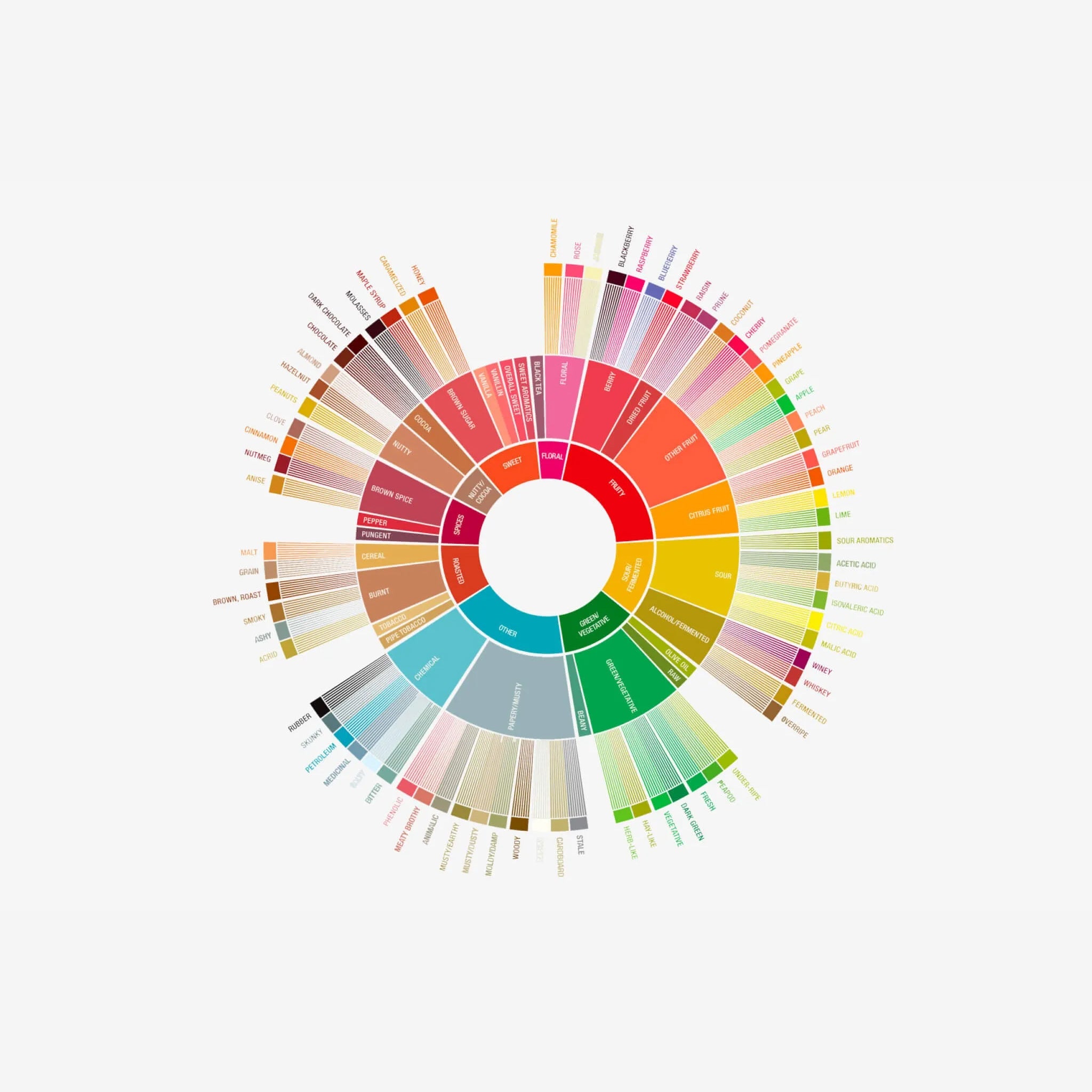
Speciality Coffee in the UK
In the UK, coffee has come a long way since first being introduced in the 1600s. The first coffee shop was opened in Oxford, followed by coffeehouses in London. Coined ‘Penny Universities’, as they were places where anyone could come together and take part in lively debate and discussion for the price of a penny coffee, these social spots marked the start of the country’s relationship with coffee. With the arrival of alcohol in these spaces, conversation grew rowdier and the line between coffeehouse and pub began to blur. It wasn’t until 2005 that coffee began to stand out again in its own right, with Soho reigniting the UK’s love of coffee with a huge Australian and New Zealand influence.
Speciality coffee is thought to account for 23% of the coffee you’ll find served in UK coffee shops–and with over 1,400 speciality coffee shops in the UK in 2019, that number is only growing. There are over 250 independent coffee roasters in the UK; Origin Coffee is one of the UK’s longest-standing independent speciality coffee roasters, launched in 2004.
What is the Difference Between Speciality Coffee and Commercial Coffee?
Speciality coffee is coffee that has met the standards of excellence throughout every stage of the supply chain, from meticulous care of the crop grown, to harvesting and processing. These checks continue into roasting, and cupping, too—before the coffee has been shipped, and once it arrives at its destination, to make sure the quality has not deteriorated during transit. Even in transit, careful care is taken to ensure the coffee’s integrity is maintained, with the beans shipped in protective inner bags to protect them from external changes in moisture and humidity.
On the other hand, commercial coffee, or commodity coffee, is often overpacked when shipped and without the same level of protection, which can lead to defects and mould. This coffee is made from both ripe and unripe coffee cherries, and you’ll find these coffees sold in supermarkets and some coffee shops.
Commodity coffees are often roasted darker to hide unpleasant tasting notes. With a commodity coffee, you might not be able to detect the subtle nuances of flavour that can be found in speciality coffee - thanks to not only the quality of ripe coffee cherries picked, but the quality control checks that continue throughout. This ensures no defects and no need for a darker roast; a lighter roast allows more complex flavours to stand out in your cup.
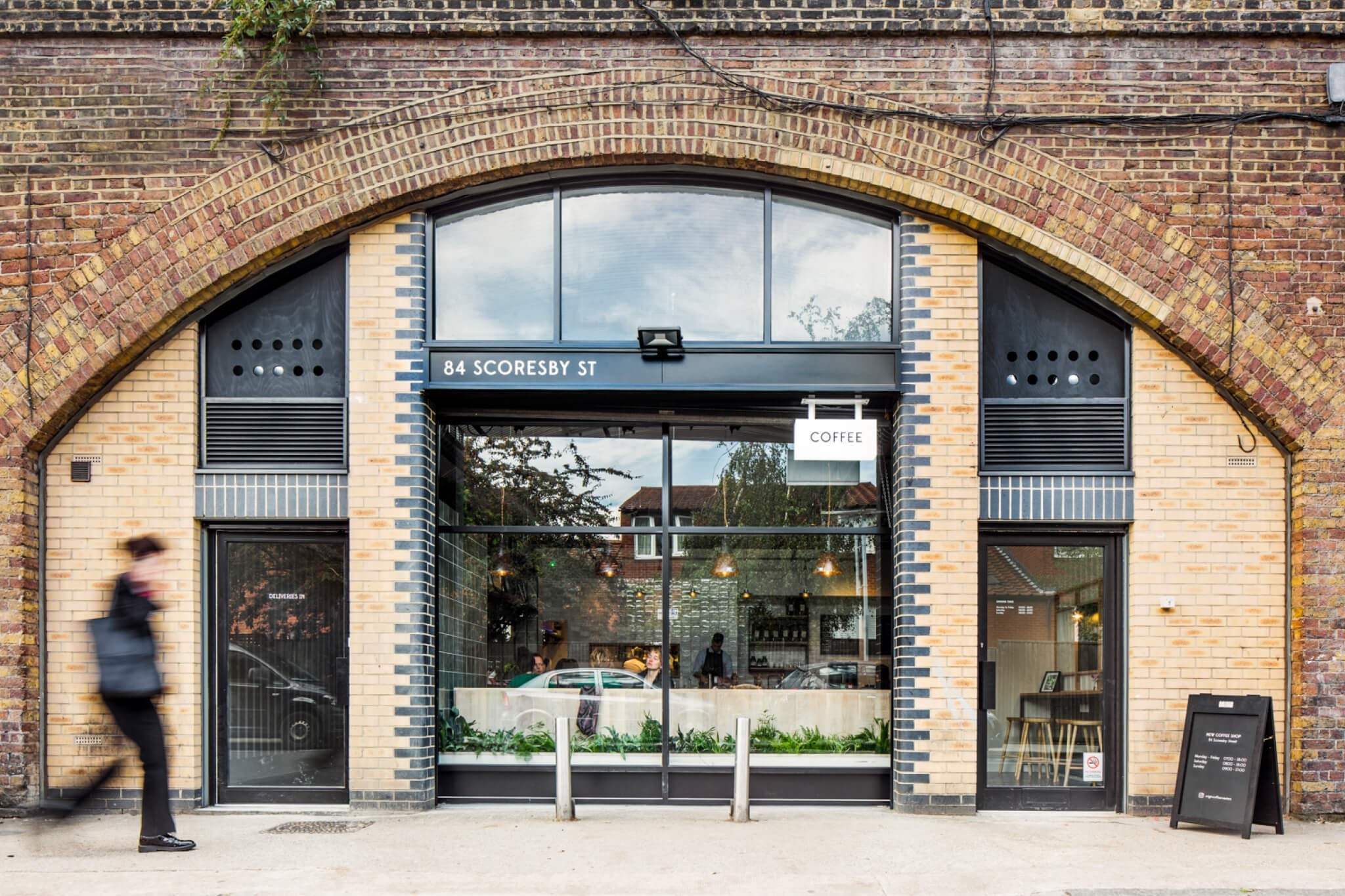
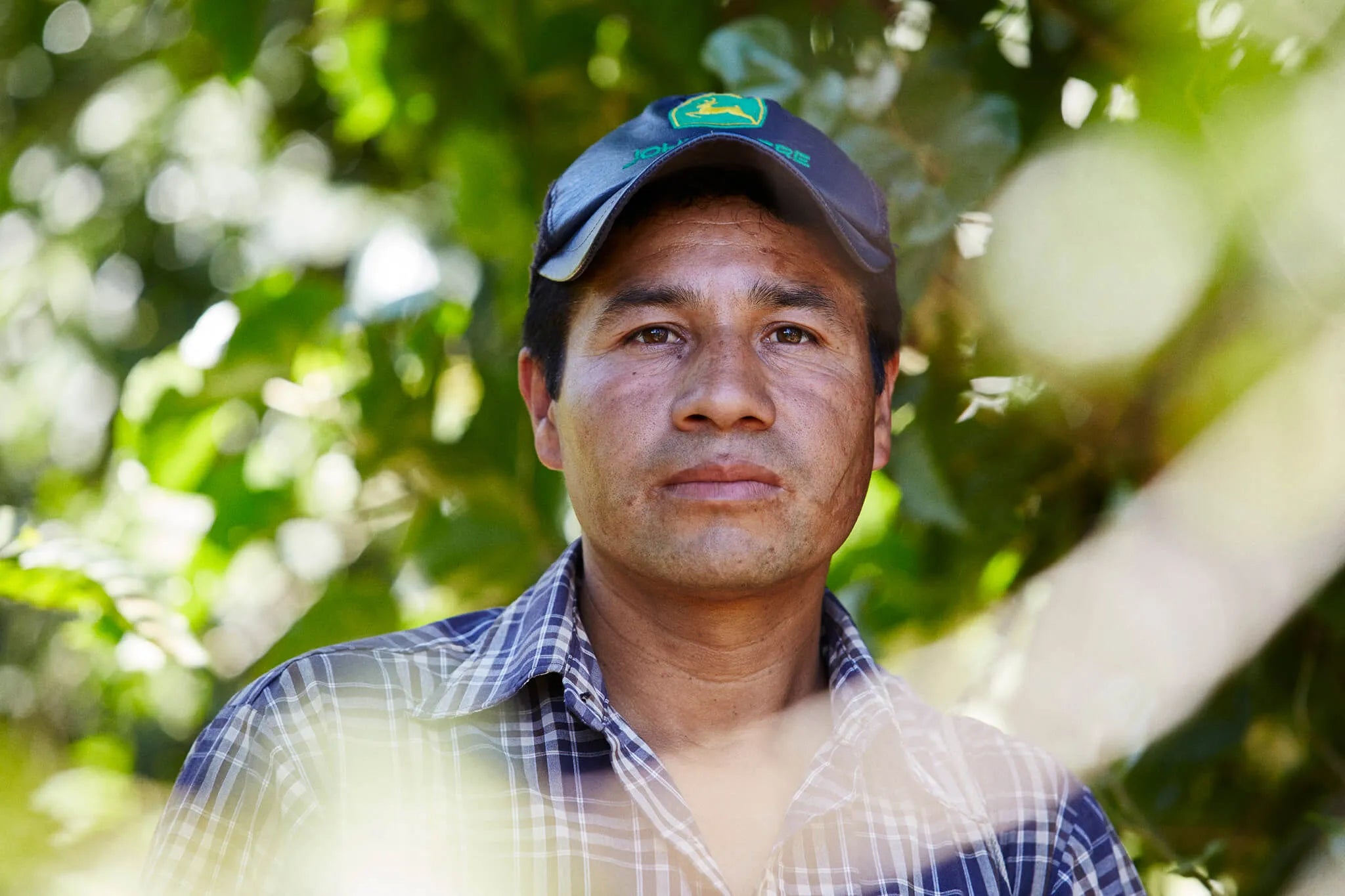
Speciality Coffee Definition
At Origin, every coffee we source, roast, and brew, has passed stringent quality standards and been graded, qualifying as speciality coffee. In a literal sense, speciality coffee is a coffee that scores over 80 on a hundred-point scale which is set by the Speciality Coffee Association (SCA). We really like this description from the SCA, using the idea of attributes, to clean up the definition:
“Speciality coffee is a coffee or coffee experience recognised for its distinctive attributes, and because of those attributes, has significant extra value in the marketplace.”
While commodity coffee has very few distinctive attributes, speciality coffee has many, with the origin, producers, quality of cherries, process, and roasting, all key factors.
Why Choose Speciality Coffee?
Choosing a speciality coffee doesn’t just mean you can expect incredible flavour and aroma. It means supporting and championing coffee producers through fair pay, education, and training, alongside supporting ethical and sustainable practices. The high standards of speciality coffee have a positive impact on the country and the people growing coffee. Wherever possible, we work direct trade with producers, or partner with exporters who can help us negotiate fair pay and make the supply chain as transparent as possible, resulting in quality coffee that’s supporting a better, more sustainable coffee future.
Speciality Coffee Grading
Speciality coffee is graded on a 100-point scale determined by the Speciality Coffee Association, a nonprofit organisation with members in over 40 countries; the SCA represents coffee professionals throughout the industry, including producers, exporters, roasters, and baristas. The SCA set standards at every stage of coffee production, determines the strict rules over classification, and decides what is considered speciality.
Speciality coffee must score over 80 to qualify. There are three grading brackets within this range: coffee graded with a score between 90-100 is ‘Outstanding’; 85-89.99 is ‘Excellent’; and coffee with a score of 80-84.99 is ‘Very Good’.
Once grown, harvested, and processed, speciality coffee beans must pass a number of checks to ascertain if it still meets one of three ratings. The SCA also set the standards on the process of coffee grading: a minimum requirement for speciality coffee is the number of defects: for every 350g of milled coffee, there must be no more than 5 classed defects.
Keen to discover the world of exceptional speciality coffee? Explore our consciously curated collection of speciality coffee now.
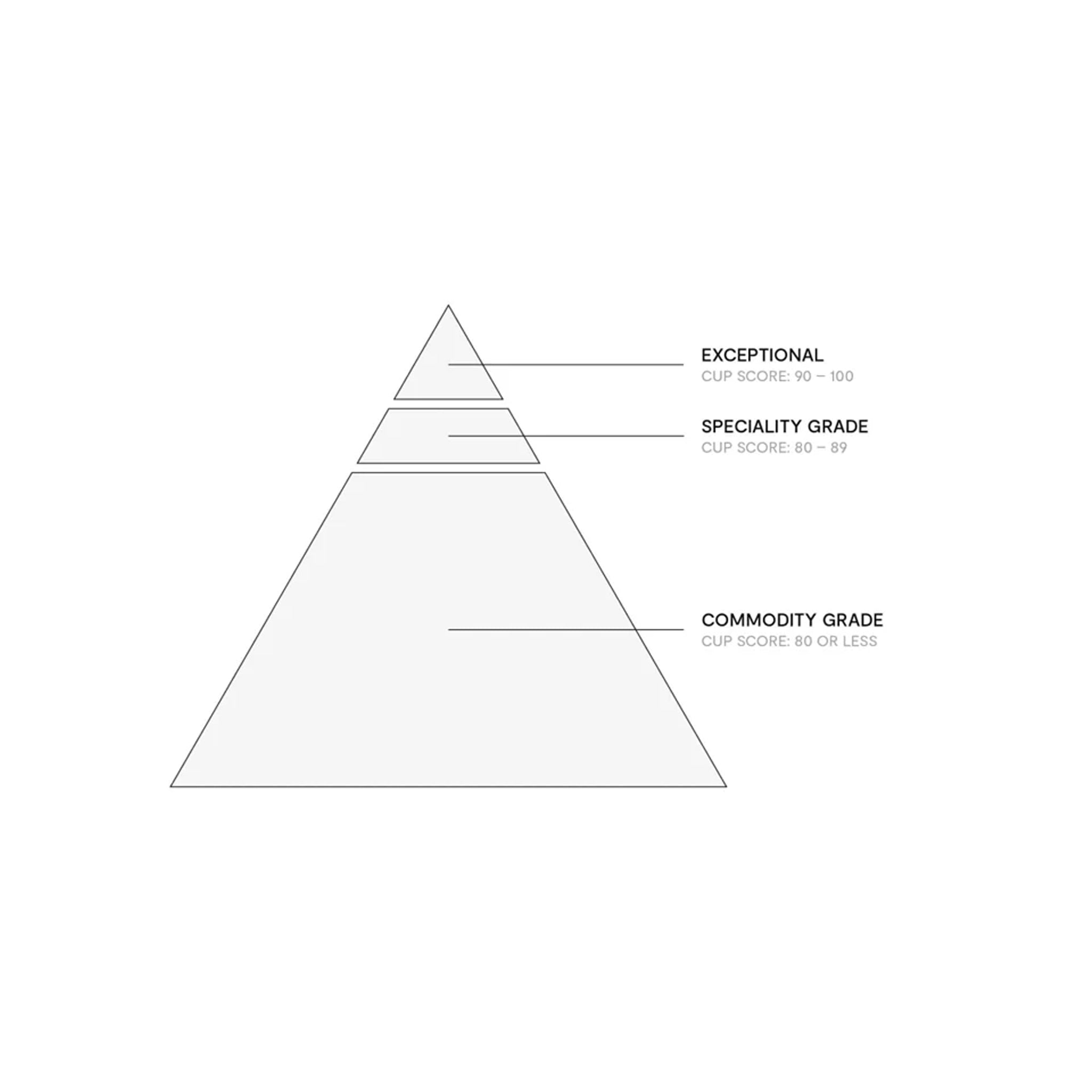
Where is Speciality Coffee Sourced?
Speciality coffee is sourced from around the world, classically following what is known as the ‘bean belt’. This is a horizontal strip on either side of the equator, between the Tropics of Cancer and Capricorn, which covers the major coffee-growing regions. Speciality coffee is sourced traditionally at higher altitudes, and where possible on a direct trade level, working closely with farmers and producers.
As a speciality coffee roaster, every coffee we source – whether roasted for a blend or selected for decaf – is a speciality coffee. Relationships are key to every coffee we source, leading us to celebrated coffee-producing countries, such as Brazil, Colombia, and Panama, but also to lesser-known, and smaller coffee-producing countries, including Indonesia and Timor-Leste.
When it comes to sourcing speciality coffee, no matter the country, what we look for remains the same: exceptional coffee, grown with respect to the landscape while providing the people throughout every stage of the supply chain with training, education, and support. With every speciality coffee we source, we commit to quality that supports and invests in the future of coffee.
Speciality Coffee Farming
The right conditions are key to helping a coffee achieve speciality coffee status. Farmers will grow their coffee crops with intent from the outset, focusing either in speciality or commodity. Making this decision is necessary as numerous factors – including the type of coffee varietal chosen, the landscape, and the climate – will all greatly influence the final coffee cup flavour and aroma.
The two main coffee species grown are Arabica and Robusta; Arabica is the only one to currently present speciality potential, with more delicate notes and pleasant acidities. If coffee is not grown and cared for properly, flavours and aroma won’t last, and it won’t pass the numerous stages of testing that dictate whether a coffee – even if grown and intended as speciality from the outset – is successful in being graded with a score above 80 and classed as speciality.
Once grown and ready for harvest, only the perfectly ripe coffee cherries are picked, and then carefully sorted. This is often done by hand—another stage of quality control that ensures no unripe cherries, or debris, such as leaves and twigs, are then taken into the processing stage.
Speciality Coffee Processing
The coffee cherry is a fruit, and coffee processing means removing the layers that surround the coffee seed within the fruit, which we know as the coffee bean. How a speciality coffee is processed after being picked and sorted, is given careful consideration to bring out the best flavours and aromas in the coffee varietals that have been grown. From classic processes, such as natural and washed, to more innovative and experimental processes, including anaerobic fermentation and black honey processes, each is considered with respect to the coffee varietals grown and the flavour and aroma potential.
Washed Processing
The washed coffee process is one of the most popular processes, resulting in a clean, crisp, and medium-bodied coffee. The washed process involves removing the layers, including fruit, skin, mucilage, skin, and parchment surrounding the coffee seed (bean). A de-pulper is used to remove the skin and fruit, then the sticky mucilage is removed using a fermentation tank. After this, the coffee bean is washed with clean water, and left to dry, often on raised beds or patios in the sun.
Keen to explore a washed coffee process? Los Altos is a brilliantly easy-drinking washed process coffee we return to year after year.
Honey Processing
Honey processing is sometimes referred to as ‘pulped natural’ depending on the country of origin. These coffees are often fruit-forward, showcasing the attributes of both washed and natural process coffees with medium sweetness and body. After being de-pulped, the coffee beans are left to dry with the mucilage left intact.
To explore a honey process coffee, explore our full-feature coffee release.
Natural Processing
Natural processing is the oldest and trickiest of the processes, but the reward, with bright, vibrant and intense cups, makes it a worthy risk. The coffee cherries are dried with the fruit and mucilage left on the bean; this allows the natural sugars and sweetness to ferment and merge with the coffee bean. Regular checks and care are needed to ensure the beans don’t over-ferment or develop mould. The beans are turned regularly until they reach a set moisture level; the outer layers are then removed using a de-pulper or hulling machine.
Discover our current range of natural process coffees.
Experimental Processing
More and more producers are keen to experiment, testing new ways and pushing boundaries when it comes to presenting new and rare tasting profiles. Providing a great way to find your flavour preferences, explore the likes of anaerobic fermentation processes, malic fermentation, frozen natural processes, and more.
At Origin Coffee, we work with exceptional, pioneering coffee producers, such as Carlos Pola, who’s always willing to take coffee further.
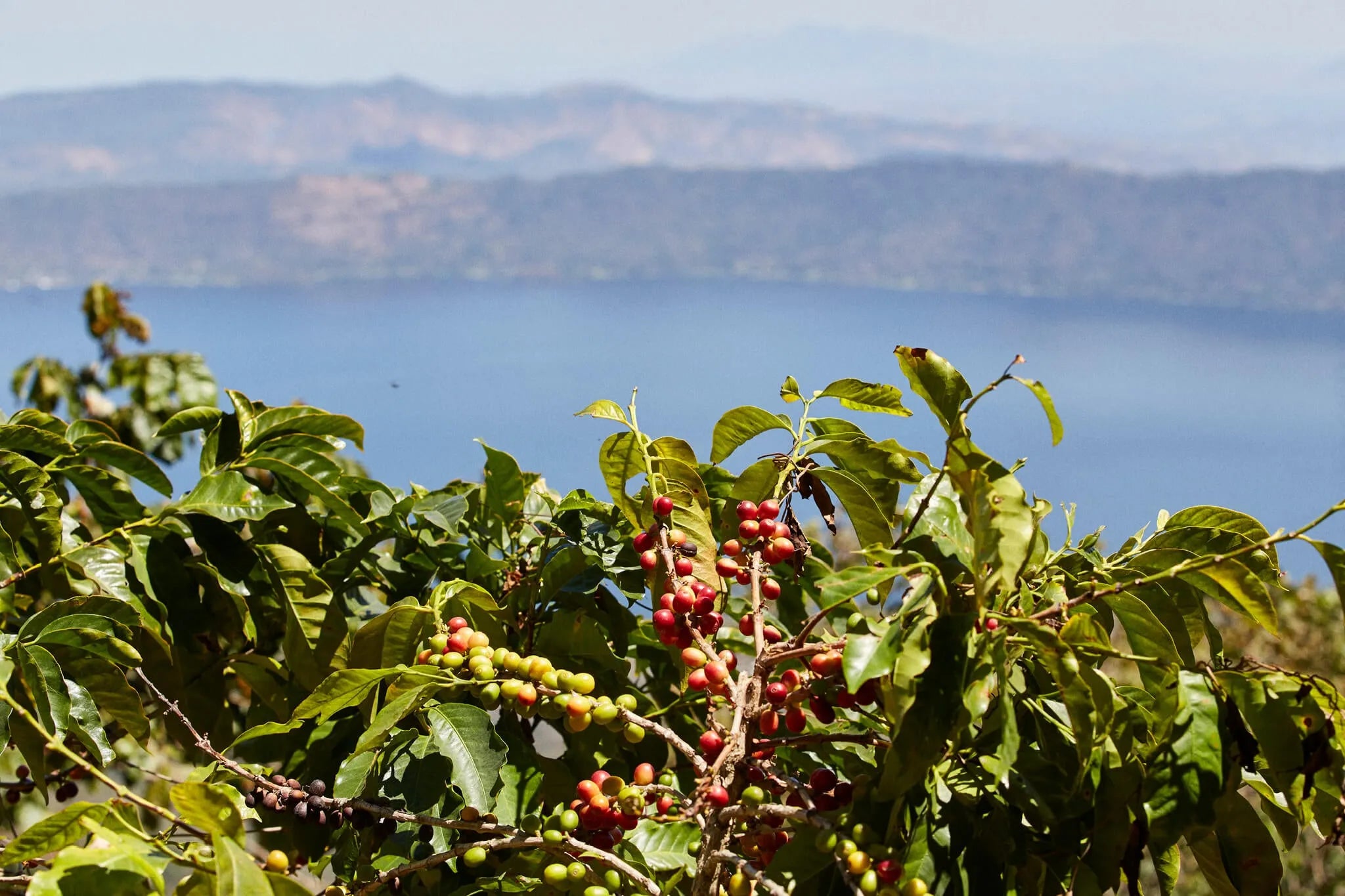
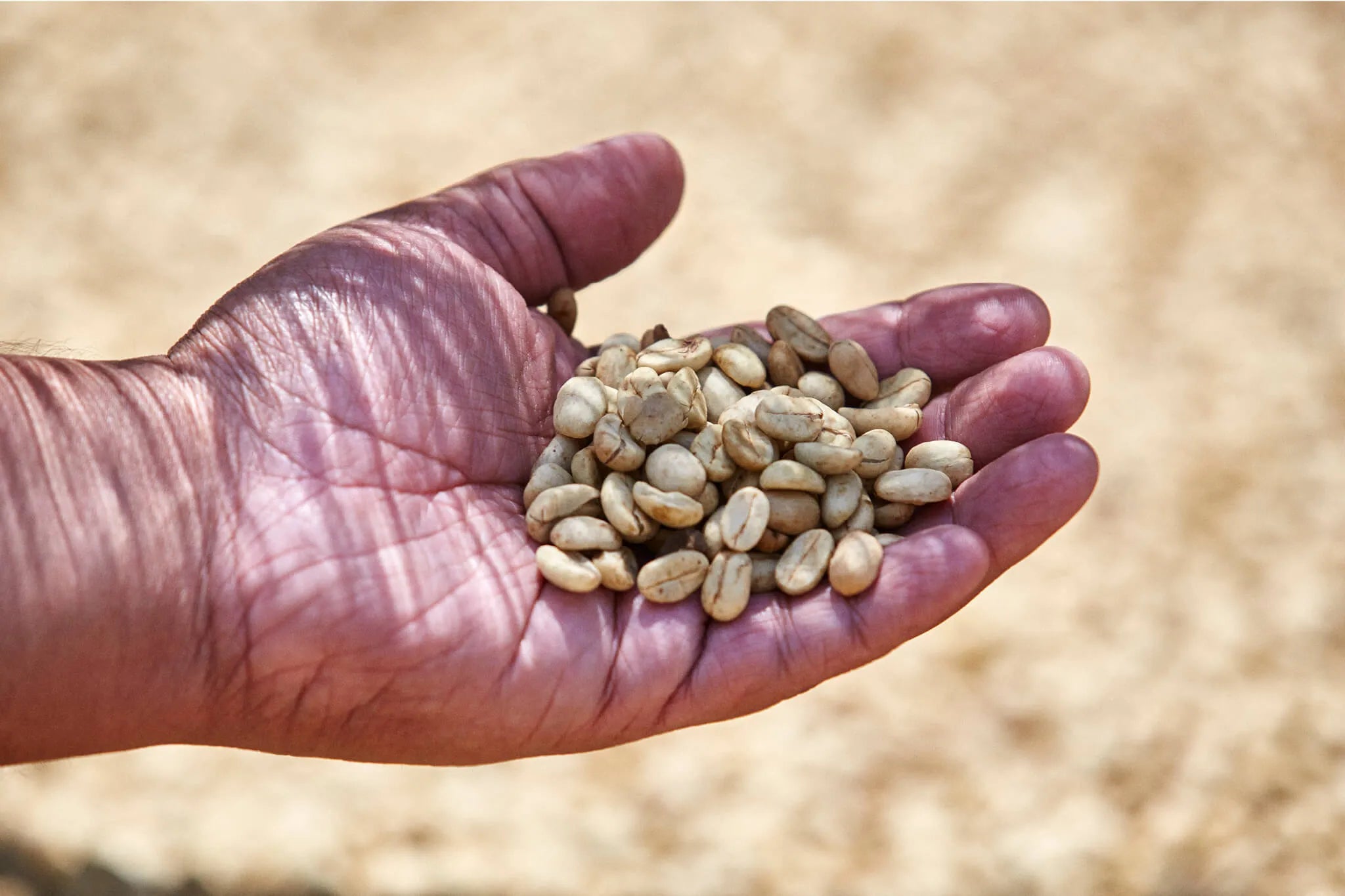
Cupping and Roasting Speciality Coffee
Before being sold, samples from the coffee lot are lightly roasted and then tasted (or cupped) to identify any defects. It is here that the coffee buyer is involved. A Q Grader is the coffee equivalent of a sommelier, skilled in detecting and evaluating the sweetness, acidity, balance, mouthfeel, and tasting notes in a coffee.
During this first cupping, the coffee is blind-tasted using a Brazilian cupping method - coarsely grinding and brewing a specific amount of coffee with a specific amount of heated water. The coffee is smelt and tasted at different times as it cools, ascertaining the coffee’s underlying flavours and aromas.
Speciality coffee is generally roasted lighter than commodity coffee—this is to retain as much flavour as possible. Each coffee is unique, and the roaster’s job – and skill – is to find the ‘sweet spot’ of each coffee that’s been sourced and bought.
Brewing Speciality Coffee
With so much care going into every stage of the cultivation and production of speciality coffee, the same level of care should go into brewing that distinctive cup of coffee, too. From a classic espresso to a V60 pour over, there are multiple brewing methods you can try to bring out different characteristics in your cup. Popular methods include the cafetiere (also known as the French Press), Chemex, Kalita, and the award-winning AeroPress, often a favourite in competitions.
Learn how to brew speciality coffee at home: See our Coffee Brew Guides.
Speciality Coffee Shops
At speciality coffee shops, you can enjoy speciality graded coffee brewed expertly by trained baristas. . Speciality coffee shops provide a brilliant way to experience incredible speciality coffees from around the world. Along with offering the opportunities to explore new and rare coffees, visiting a speciality coffee shop presents the chance to learn more, through conversations with the fully trained and qualified baristas, such as all of those you’ll meet at any of our shop locations.
Speciality Baristas
The baristas brewing your coffee for you will be trained to a professional level, with skills and knowledge in speciality coffee. This means they’re not only going to serve you the best possible coffee but will also be on hand with tips and advice should you wish to know more about the coffee you’re experiencing.
At Origin, we provide a Speciality Coffee Association accredited training programme to our baristas, as well as our wholesale customers, with the skills and knowledge to share incredible coffee. We also offer a full range of educational courses – designed for those new to the world of speciality coffee, as well as keen enthusiasts, with sessions designed to engage, inform, and inspire further learning and a fuller understanding.
What To Look For in Speciality Coffee
Speciality coffee is a sensory experience, with nuances in flavour that include sweetness and acidity. Cups of speciality coffee provide complexity and a pleasing mouthful that you won’t find in a commodity coffee. Some will have a rich body; others might have a well-rounded mouthfeel.
When choosing a speciality coffee, a lot comes down to personal taste, but there are some key things you can look for, to know that you’re choosing a great coffee. The tasting notes on a coffee are a great way to understand if the coffee sounds like one you’ll enjoy: if you enjoy sweeter, classic coffee, you might want to look for tasting notes that include demerara sugar, praline, and chocolate. If you enjoy bright, vibrant cups, then you might find that coffees with a higher acidity, and notes of yuzu or nectarine are to your liking.
One of the benefits of choosing a speciality coffee comes down to transparency. Along with always publishing the SCA score given to the coffee, we make sure to provide clear information on the country of origin, the producer, and the process, sharing as much of the story as possible. Where possible, we work direct trade, simplifying the supply chain, and documenting every step of the journey.
--
Learn more about speciality coffee by checking out our journal and brew guides. Explore our current range of speciality coffee today, offering everything from single origin coffee and espresso blends to coffee subscriptions.